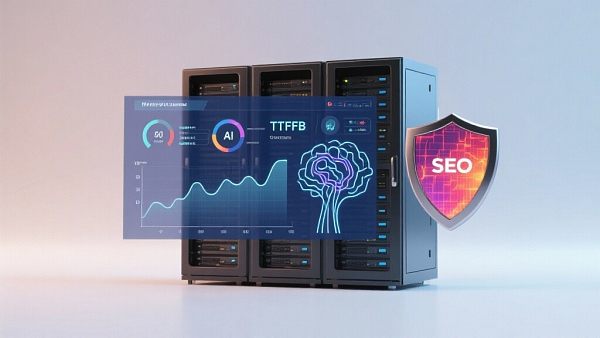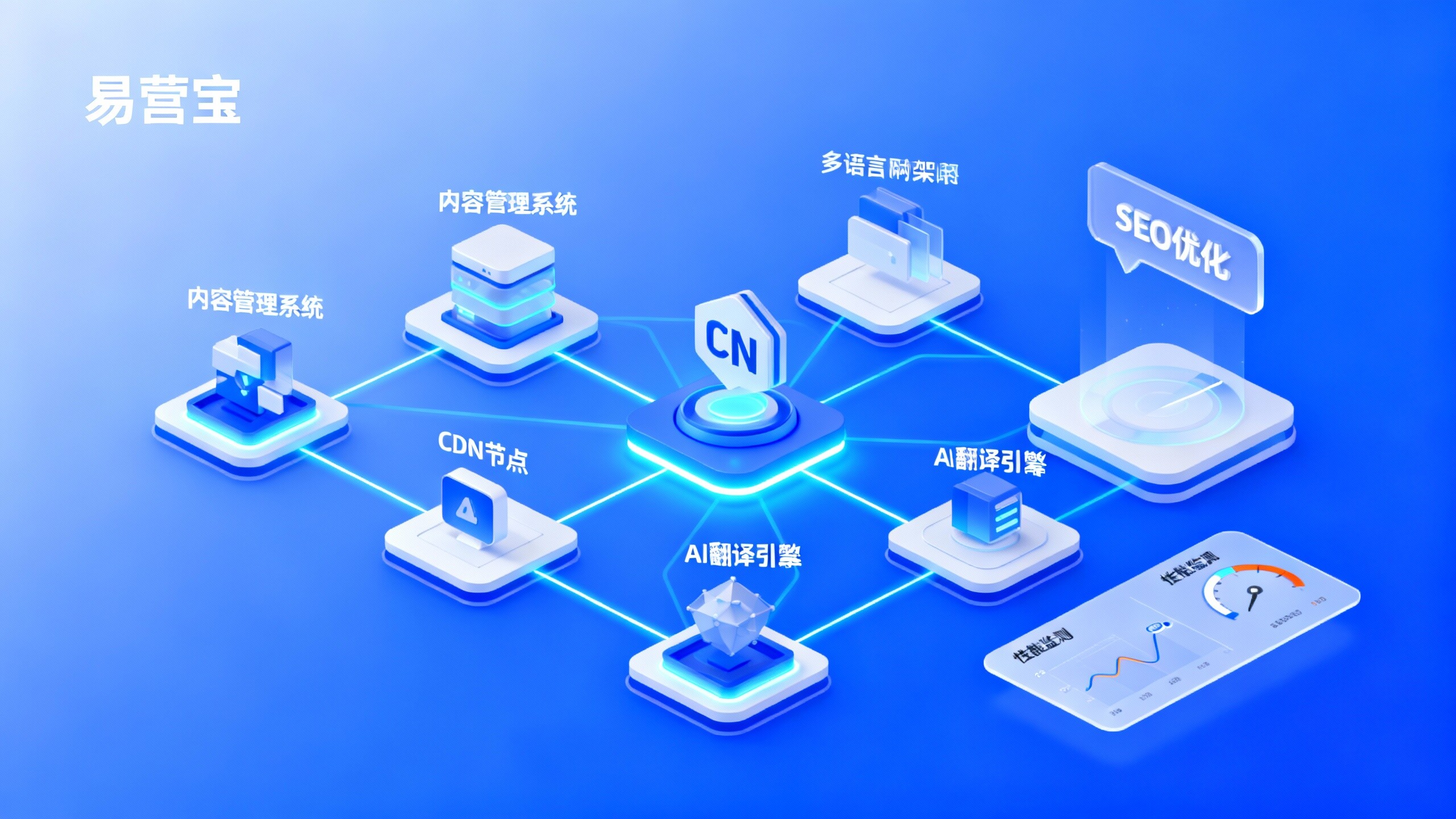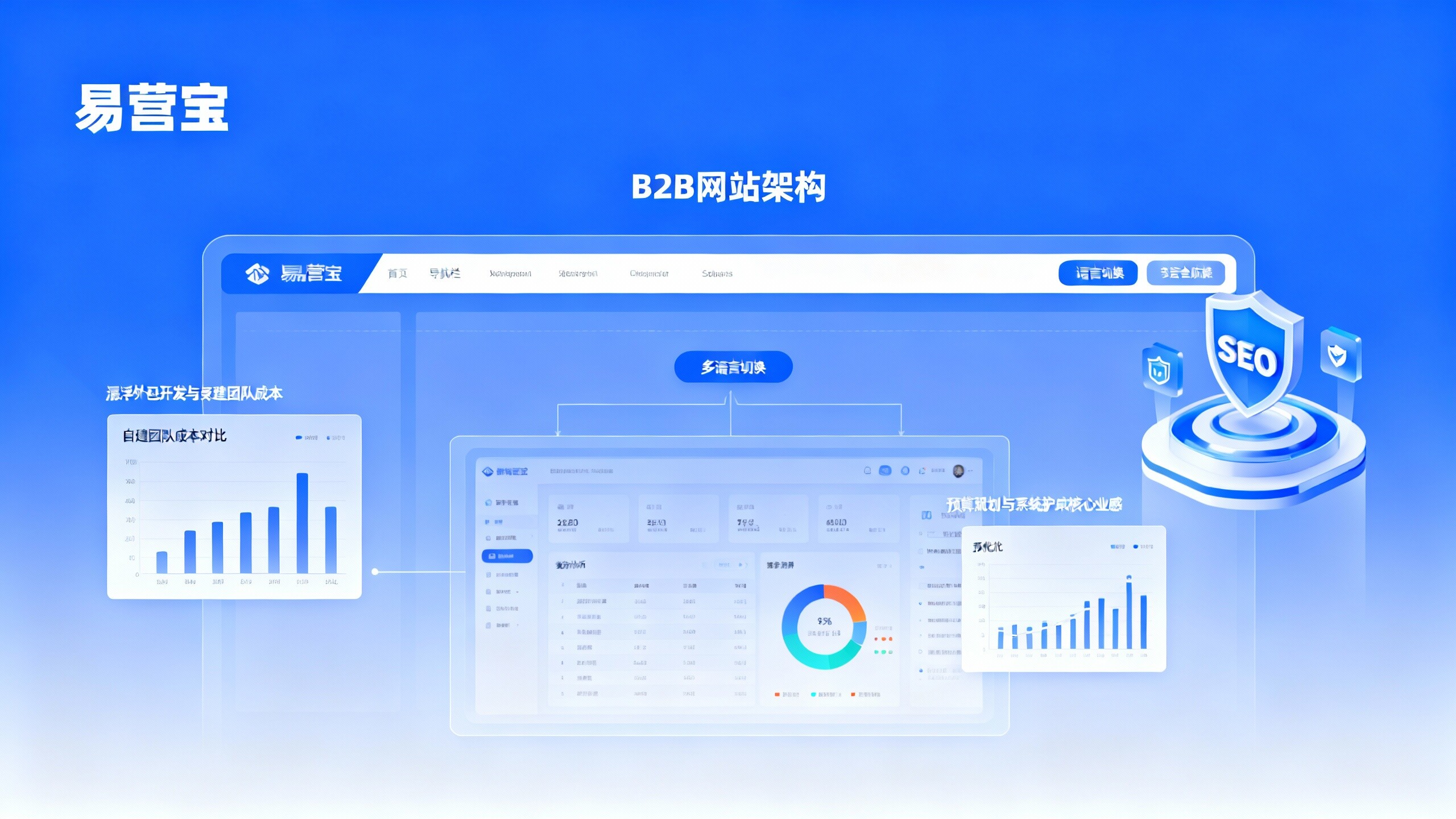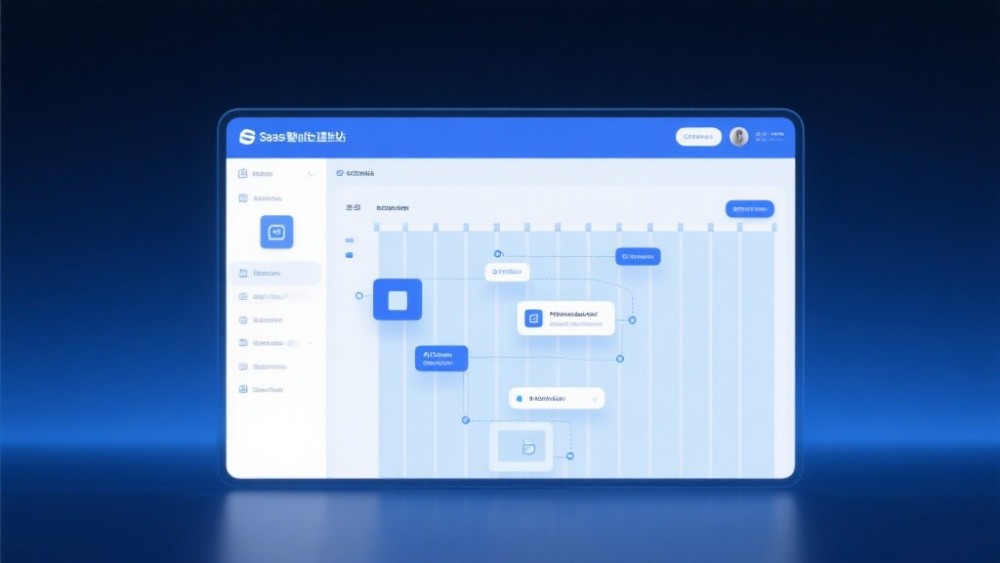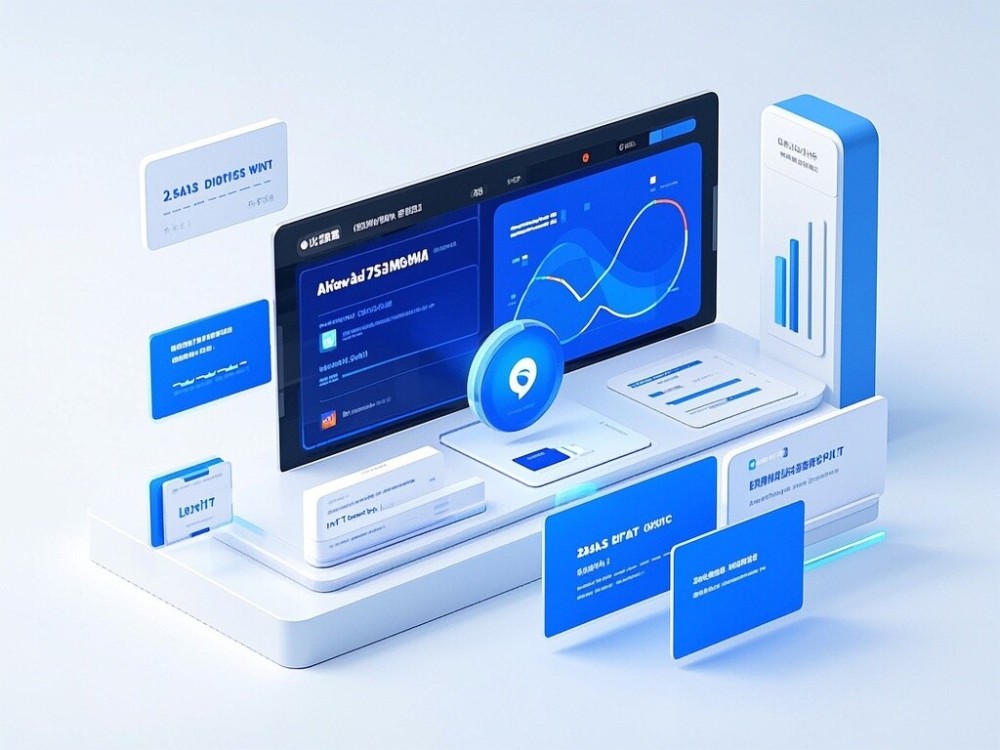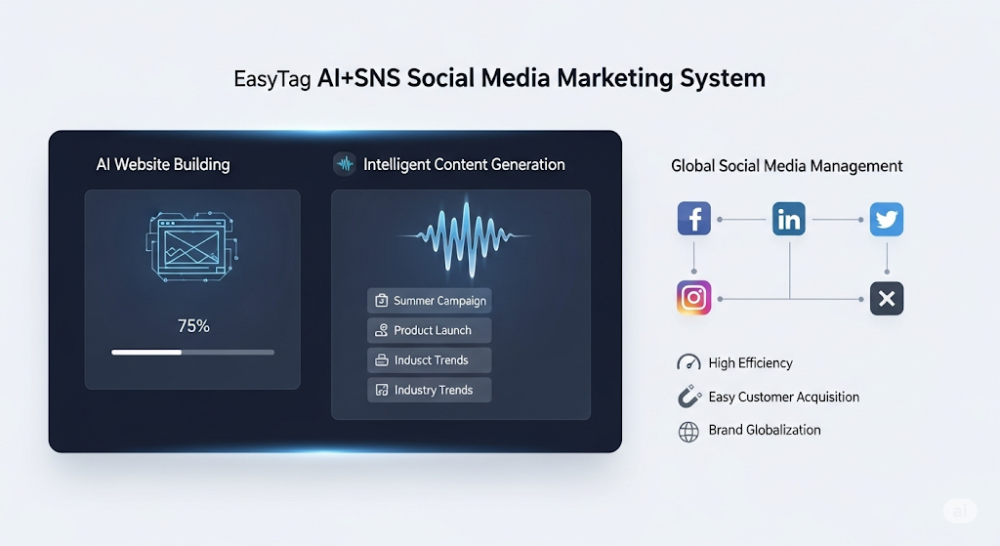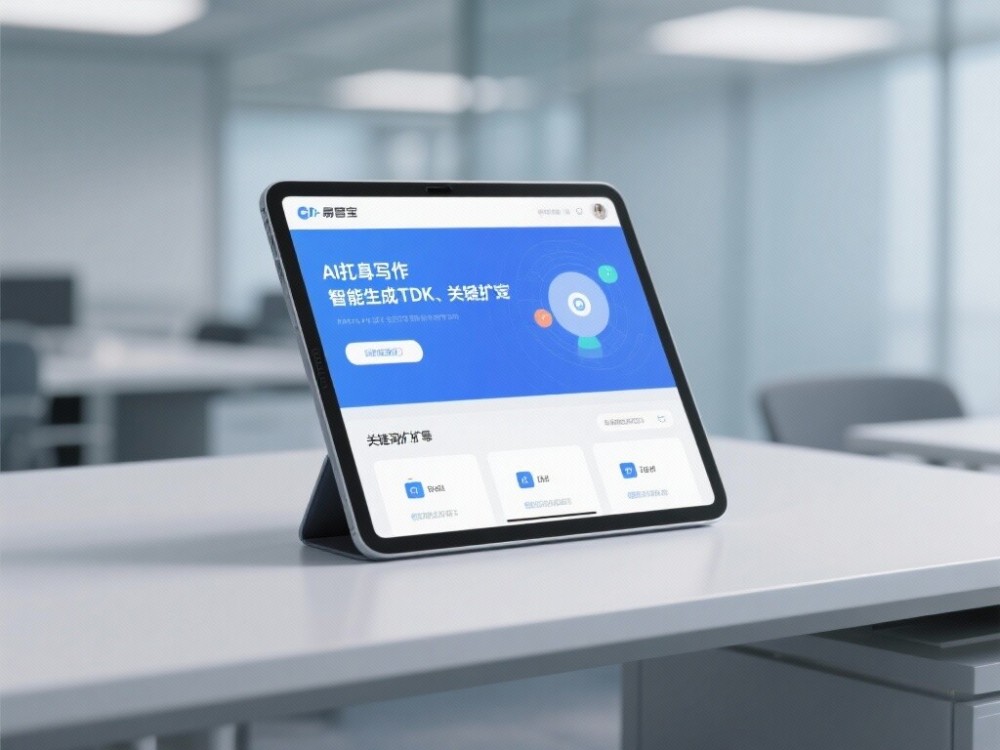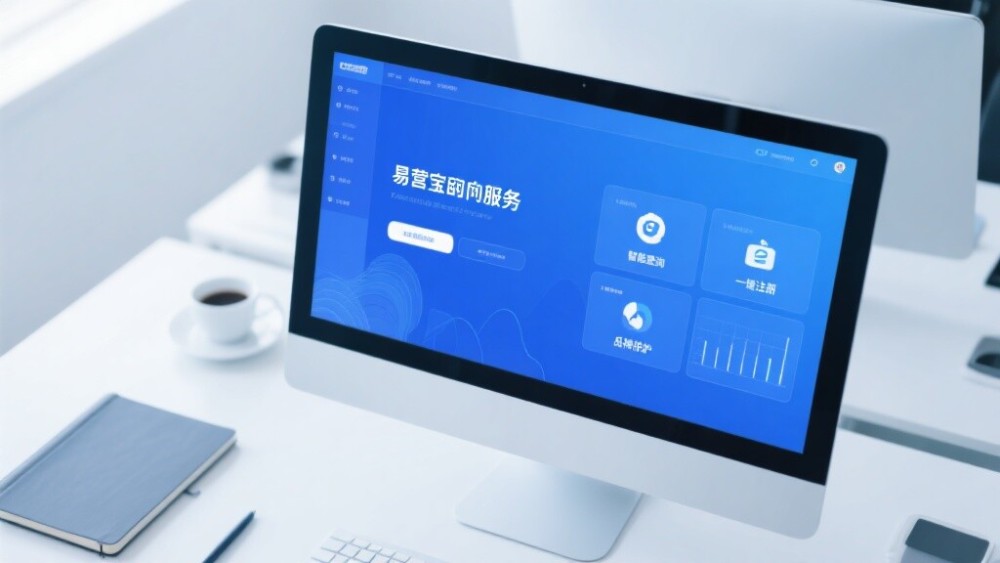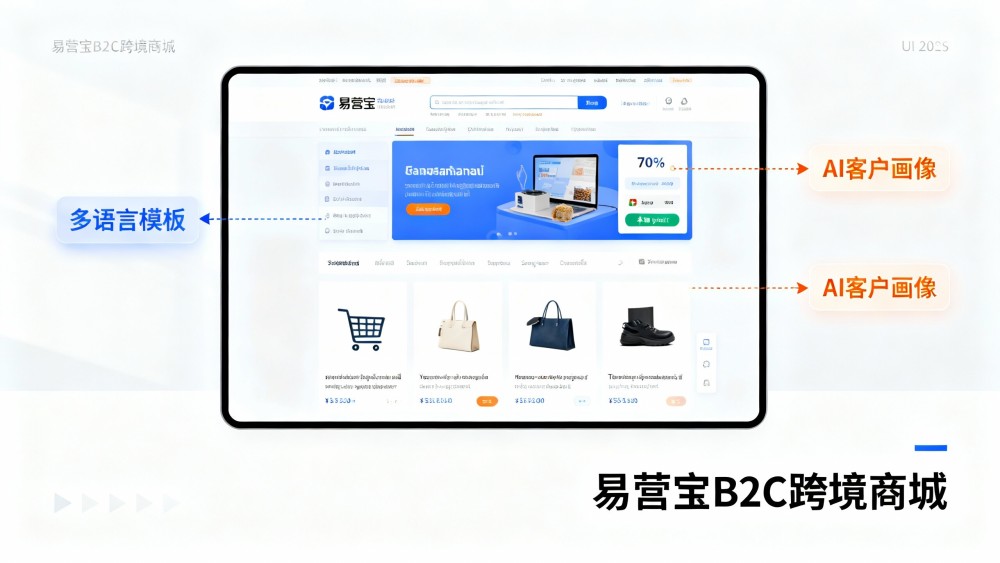- What are the differences in promotion between B2B and B2C websites? A comparative analysis of channel placement solutions for the general internet services industry2026-01-21View details
- What are the differences in promotion between B2B and B2C websites? Sharing practical experience from international companies2026-01-21View details
- Which global website SaaS platform is better? Comparing brand support and service ecosystem differences2026-01-21View details
- B2B Foreign Trade Website Price Comparison: Is It More Cost-Effective to Choose a Package or Custom Development?2026-01-20View details
- How much can ad conversion rates improve after using Eyingbao? What are the influencing factors?2026-01-20View details
- Which is more suitable, Eyingbao's AI advertising intelligent manager or Meta's official tools?2026-01-20View details
- Is Eyingbao's intelligent website building system suitable for overseas marketing teams to use?2026-01-20View details
- How Much Value Does TikTok Operations Bring to Foreign Trade Brands? Case Analysis of New Trends in Short Video Customer Acquisition for 20242026-01-21View details
How to Evaluate EasyStore AI Smart Website System? A Must-Read for Technical Staff
How to Evaluate Yishengbao AI Website Building System? A Must-Read for Technical Staff
Technical Staff Must Read: This guide will teach you how to evaluate the feasibility of Yishengbao AI Website Building System and its AI+SEO dual-engine optimization system from the perspectives of performance, security, SEO, and scalability. This article is intended for researchers, users/operators, and technical evaluators, providing quantitative evaluation dimensions, testing methods, and practical recommendations to help you make informed decisions before selection or deployment.

1. Performance and Architecture: How to Verify Response Speed, Concurrency, and Stability
To evaluate any intelligent website building system, start with its underlying architecture and performance metrics. Yishengbao claims to use server clusters covering all seven continents, improving site loading speed by up to 40%, indicating significant investment in global deployment, CDN strategies, and edge caching. As a technical professional, you need to conduct real-world tests and verifications from the following dimensions:
First, deployment scenarios and baseline testing: Select typical nodes in target markets (e.g., East U.S., West U.S., Europe, Asia) for baseline performance testing. Recommended tools include WebPageTest, Lighthouse, and GTmetrix, combined with real user monitoring (RUM). Key metrics to track include TTFB, First Contentful Paint (FCP), Largest Contentful Paint (LCP), and Time to Interactive (TTI), with repeated tests under different network bandwidths and mobile devices. Yishengbao emphasizes CDN acceleration, so verify edge node cache hit rates, static resource compression (gzip/brotli), and lazy loading strategies for images and multimedia.
Second, concurrency and stress testing: Simulate high concurrent requests (e.g., hundreds to thousands per second) using tools like k6, JMeter, or wrk. Gradually increase concurrency while monitoring error rates, 95th/99th percentile response times, and backend resource consumption (CPU, memory, I/O). Assess the system's auto-scaling capabilities, including instance startup time, load balancing strategies (round-robin, least connections, weighted), and session persistence (stateless or distributed session storage). Yishengbao's promise of "12 annual iterations" and global server clusters must be validated through stress tests.
Third, caching and acceleration layer verification: Inspect CDN/GSLB configurations, multi-layer caching (page cache, object cache, database cache), HTTP cache headers, and invalidation logic. For dynamic pages, check if the system supports Edge-Side Includes (ESI) or cache-key-based partial refreshes to balance performance and personalization. Manually modify content to observe cache synchronization delays and ensure consistency.
Fourth, monitoring, logging, and alerts: Verify if the system provides an observable platform supporting metrics (Prometheus/Influx format), distributed tracing (Jaeger/Zipkin/OTLP), and centralized logging (ELK/EFK). Evaluate whether alert policies capture critical SLA breaches (e.g., error rate spikes, disk exhaustion, certificate expiration). Yishengbao claims 99.99% uptime and 24/7 support, so audit SLA terms and historical uptime reports.
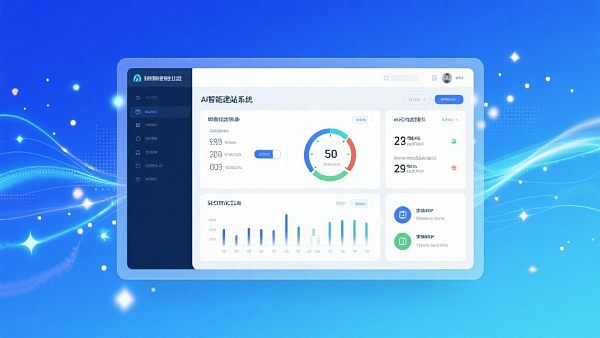
Finally, deployment automation and CI/CD compatibility: Assess supported deployment methods (containerization, Kubernetes, serverless, or traditional VMs), API or IaC (Terraform/Ansible) integration, and compatibility with existing CI/CD pipelines. A robust system should support blue-green/rolling deployments, rollback strategies, and canary releases for safe online updates.
2. Security and Compliance: A Comprehensive Audit from Certificates to Protection Systems
Security is critical for B2B SaaS, especially for cross-border independent sites. Yishengbao's documentation mentions AWS and Alibaba Cloud global CDN deployment with auto-SSL issuance and DDoS protection. As an evaluator, systematically verify these security capabilities:
First, transport layer and certificate management: Enforce HTTPS with HSTS to prevent SSL stripping. Test Yishengbao's auto-certificate deployment and renewal, including domain validation (DNS/HTTP/ACME) and expiration alerts. Check support for advanced options like SHA-256 and 2048-bit keys with OCSP stapling. For deep automation, test their "one-click SSL setup" feature and enterprise scenario support (single/wildcard domains).
Second, edge and application protection: Validate WAF rules (allow/deny lists, rate limiting), DDoS mitigation, anomaly detection, and auto-blocking. Check support for custom rules and SIEM integration to maintain operations during attacks.
Third, identity and access control: Audit admin interfaces and API permissions for granular RBAC, multi-tenant isolation, MFA, and SAML/OAuth SSO. For外贸, ensure API credential management supports rotation and logging.
Fourth, data compliance and encryption: Verify encryption at rest/in transit, backup policies, key management, and compliance audits (WebTrust, privacy regulations). Yishengbao emphasizes "military-grade protection"—request third-party audit reports.
Fifth, automated security scanning: Assess built-in tools for detecting mixed content, outdated libraries, XSS/SQLi risks, and one-click fixes. Ensure incident response workflows and forensic capabilities.
3. SEO, Content, and AI: Validating the Practical Value of AI+SEO Dual Engines
A core value proposition of intelligent website systems is "lead generation and conversion." Yishengbao offers "AI keyword expansion + auto-TDK generation + AI imagery." Technically evaluate content quality, semantic relevance, and indexability:
First, keyword strategy and semantic coverage: Verify if AI keyword tools use real search volume/competition data (Google/Yandex) and support intent categorization (navigational/informational/commercial) with long-tail suggestions. Assess generated TDK for length/semantic optimization, A/B testing, and multilingual SEO (hreflang, subdomains/directories).
Second, content quality and duplication: Avoid low-quality/repetitive content penalties. Use manual/automated tools to assess readability, expertise (E-E-A-T), and uniqueness (Copyscape). Yishengbao’s NLP and multimodal image generation should be tested for ALT text, Schema.org markup, and text-image alignment—critical for e-commerce product pages.

Third, site health and indexing: Check built-in tools for crawl errors, index status, sitemap/robots conflicts, and auto-fixes (redirect loops, duplicate meta, pagination). Ensure actionable SEO reports.
Fourth, content workflow: Beyond AI-generated content, evaluate editorial review, versioning, collaboration, and third-party integrations (e.g., local partners). For multilingual sites, test translation quality and localization adjustments via A/B tests.
4. Scalability, Operations, and Ecosystem: API to Partner Network Compatibility
Technical scalability determines long-term costs. As a Google Premier Partner and Meta代理, Yishengbao emphasizes global traffic and social automation. Evaluate:
First, API and integration: Check RESTful/GraphQL APIs, webhooks, SDKs, and documentation. Assess authentication (OAuth2/API keys), rate limiting, error codes, and versioning. For complex setups, test ad platform (Google Ads/Meta) and ERP integrations via sandbox accounts.
Second, plugins and marketplace: Verify third-party/custom modules (payment, logistics, CRM). Assess marketplace maturity, vetting processes, and security to avoid risks.
Third, multi-tenant and cost models: For MSPs/agents, evaluate tenant isolation, quotas, billing granularity, and unified ops. Ensure resource isolation (network/storage) and performance allocation.
Fourth, support and SLA: Measure response times, upgrade policies, and knowledge base quality. Yishengbao’s 24/7 support, auto-SSL, and content repair need testing.
Fifth, partner ecosystem: Beyond tech, assess commercial value. Yishengbao’s global partners (Google/Meta/Yandex) and local networks aid market expansion—verify training and co-marketing.
Conclusion: Evaluation Checklist and Next Steps
In summary, evaluate Yishengbao AI Website System across performance, security (auto-SSL/DDoS), AI+SEO quality, scalability, and ecosystem integration. Technical teams should:
1) Conduct baseline and stress tests; 2) Full security audit (certificates/WAF/backups); 3) Assess AI content quality and indexing; 4) Test API/third-party integrations; 5) Validate support SLAs; 6) Verify partner/agent support.
For quick testing, complete core tests in non-production environments before live traffic. Teams exploring sales channels or partnerships should review Yishengbao’s代理 policies and training.
Call to action: For detailed evaluation templates, demos, or trials, contact Yishengbao technical consultants or request product试用. For SSL automation best practices, consult sales for whitepapers. Shenzhen partners, inquire about local collaboration.
- Campbell (name)
- free-standing station
- Intelligent website building system
- Multilingual SEO
- SEO optimization
- Intelligent website building
- AI translation
- Foreign trade independent website
- EYB Intelligent Website
- City Partners
- SSL certificate
- Website Check
- AI+SEO Dual-Engine Optimization System
- Easy Treasure City Partner
- Google Ads
- SEO
- Global Traffic Ecosystem
- social media automation
- Shenzhen City Partner
Related Articles
![How much does fast website indexing help SEO? Should general internet service companies invest in acceleration solutions? How much does fast website indexing help SEO? Should general internet service companies invest in acceleration solutions?]() How much does fast website indexing help SEO? Should general internet service companies invest in acceleration solutions?
How much does fast website indexing help SEO? Should general internet service companies invest in acceleration solutions?![What technical support is needed for international website development? How can general internet service enterprises build a multilingual architecture What technical support is needed for international website development? How can general internet service enterprises build a multilingual architecture]() What technical support is needed for international website development? How can general internet service enterprises build a multilingual architecture
What technical support is needed for international website development? How can general internet service enterprises build a multilingual architecture![Are B2B website development costs high? Should general internet service companies outsource development in their budget planning? Are B2B website development costs high? Should general internet service companies outsource development in their budget planning?]() Are B2B website development costs high? Should general internet service companies outsource development in their budget planning?
Are B2B website development costs high? Should general internet service companies outsource development in their budget planning?
Related Products


